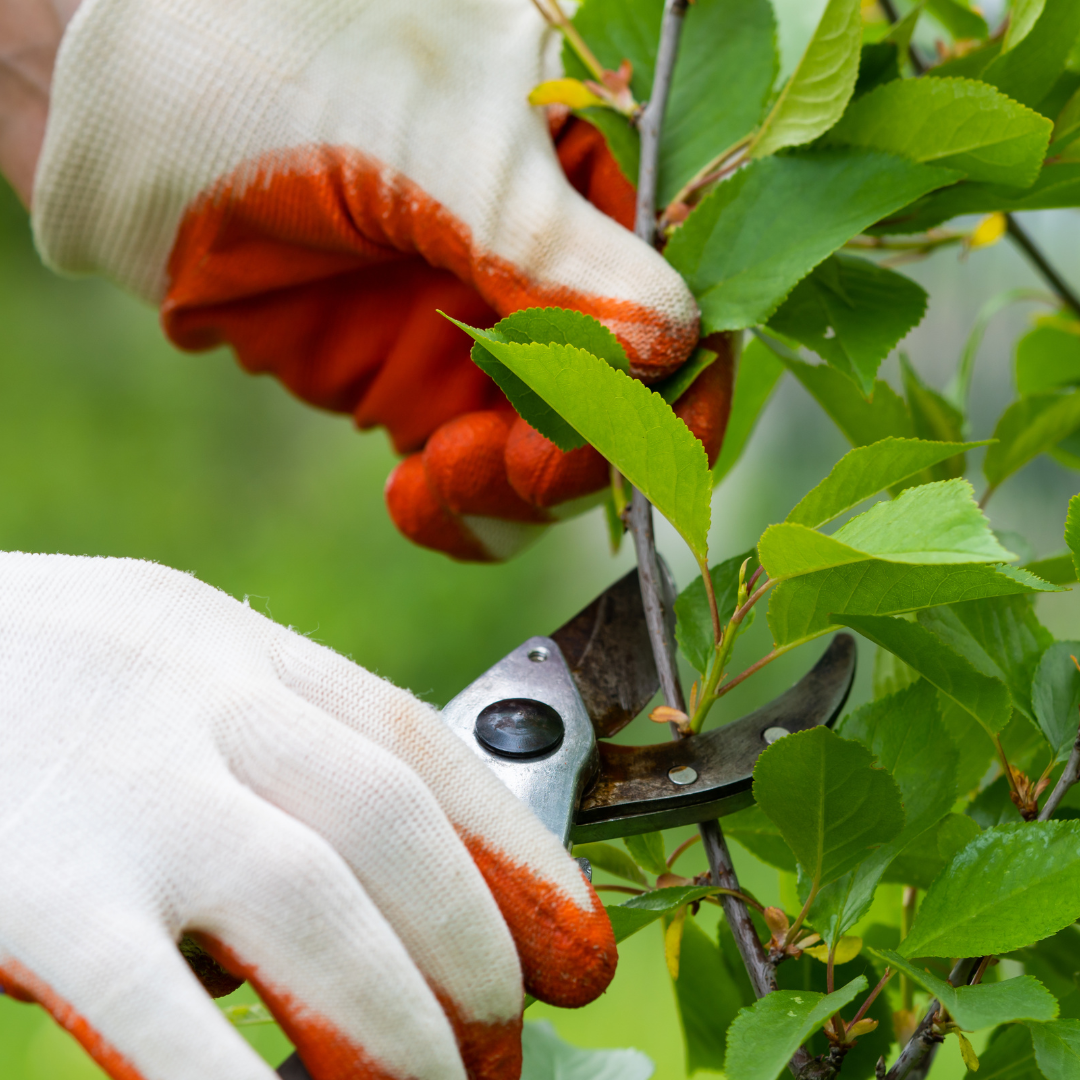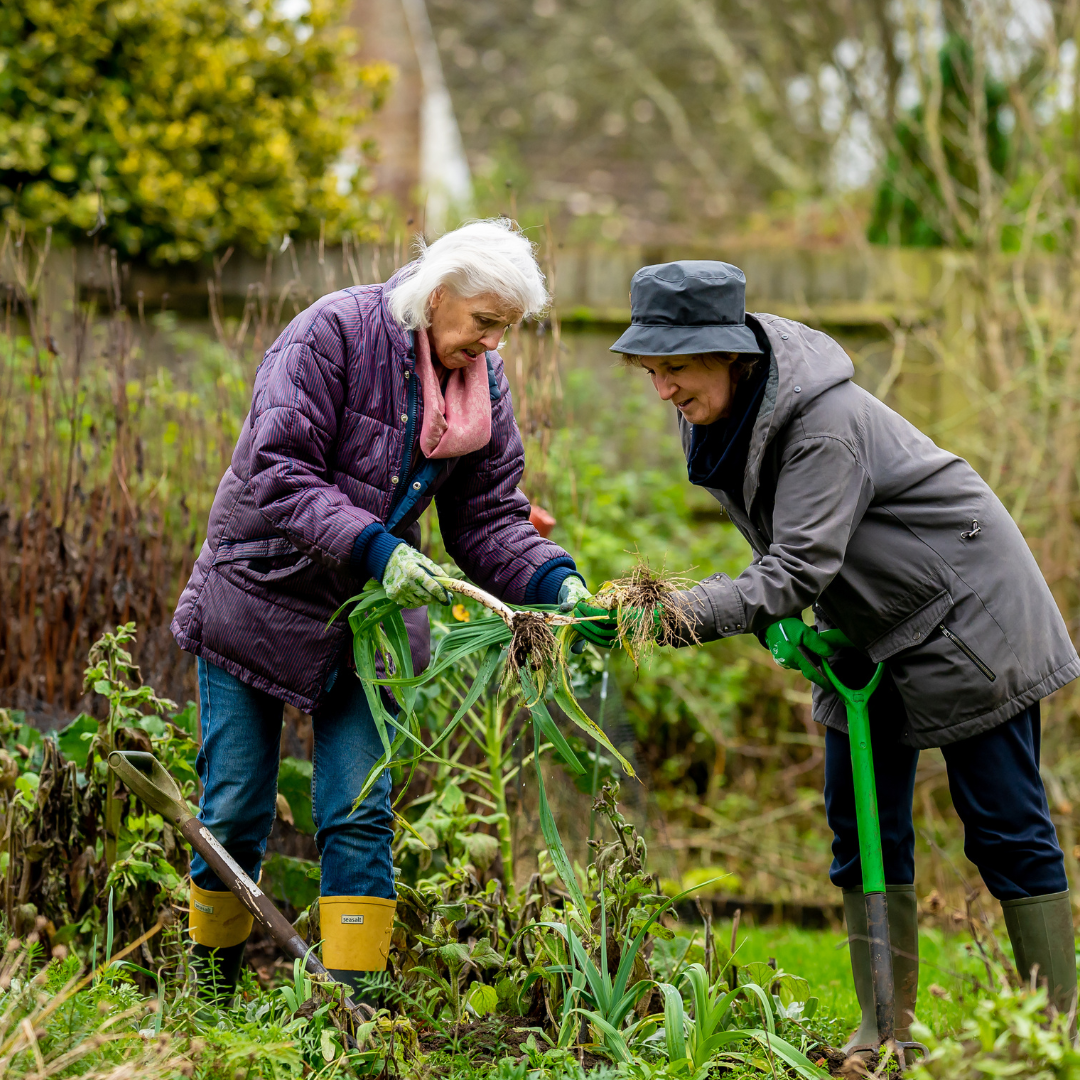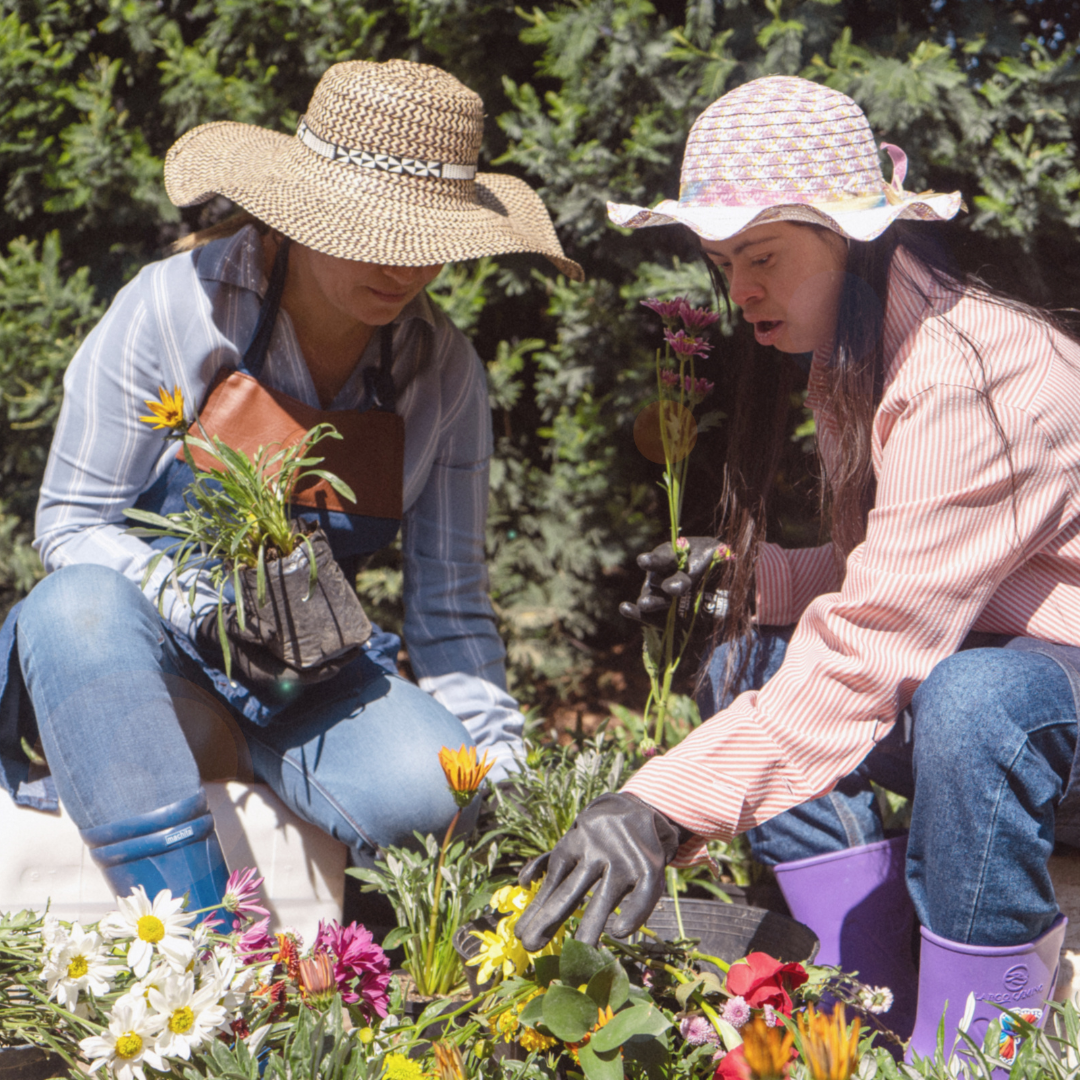Arkansas Garden Blog
Contact
University of Arkansas System Division of Agriculture
Cooperative Extension Service
2301 S. University Ave.
Little Rock, AR 72204

Rooted in Wellness: The Therapeutic Benefits of Gardening
By: Randy Forst
In recent years, the concept of gardening as a means of wellness has gained popularity, particularly during the pandemic when many people turned to gardening as a source of solace and connection to nature.
Gardening is more than just a hobby; it's a therapeutic practice that offers numerous physical, mental, and emotional benefits. Engaging with plants can enhance your well-being, so put your mind at ease and plant some seeds!
Connecting with Nature
 One of the most profound benefits of gardening is the opportunity to connect with
nature. Whether you're tending to a lush garden or a few potted plants on your balcony,
the experience of being surrounded by greenery can be incredibly grounding.
One of the most profound benefits of gardening is the opportunity to connect with
nature. Whether you're tending to a lush garden or a few potted plants on your balcony,
the experience of being surrounded by greenery can be incredibly grounding.
Gardening allows you to engage with the natural world, observe the changing seasons, and appreciate the intricate beauty of plants. Listening to birdsong, watching bees and butterflies flit among flowers, and feeling the soil between your fingers are all ways to immerse yourself in nature and find peace amidst the chaos of daily life.
Stress Relief and Mental Health
Gardening is often described as a meditative practice, offering a respite from the stresses of modern life. The simple act of tending to plants can lower stress levels, decrease anxiety, and improve mood. The repetitive tasks of planting, weeding, and watering provide a calming rhythm that allows you to focus on the present moment and forget your worries.
This mindfulness practice has been shown to reduce cortisol levels, the hormone associated with stress and promote a sense of well-being.
Physical Benefits
 While gardening is soothing for the mind, it also offers physical benefits. The movements
involved in gardening, such as digging, planting, and harvesting, provide a low-impact
form of exercise that can improve strength, stamina, and flexibility. Gardening can
develop fine motor skills and enhance hand-eye coordination. It's a full-body workout
that can leave you feeling both refreshed and pleasantly tired at the end of the day.
While gardening is soothing for the mind, it also offers physical benefits. The movements
involved in gardening, such as digging, planting, and harvesting, provide a low-impact
form of exercise that can improve strength, stamina, and flexibility. Gardening can
develop fine motor skills and enhance hand-eye coordination. It's a full-body workout
that can leave you feeling both refreshed and pleasantly tired at the end of the day.
Learning and Growth
Gardening is a continual learning experience, offering endless opportunities to expand your knowledge and skills. Whether you're a novice or an experienced gardener, there's always something new to discover, from understanding the needs of different plant species to experimenting with garden design. This learning process can be deeply rewarding and foster a sense of accomplishment as you watch your plants thrive under your care.
Social Interaction and Community
Gardening also has the power to bring people together. Many communities have gardening clubs, such as the Master Gardener groups, where individuals can share their passion for plants and exchange tips and ideas. These social interactions can lead to new friendships and a sense of belonging, making gardening not just a solitary pursuit but a shared journey.
Therapeutic Applications
 Beyond its general benefits, plant therapy is used in various therapeutic settings
to aid in rehabilitation and healing. Programs like the Veterans Healing Garden and
those at senior centers use gardening to improve cognitive function, enhance motor
skills, and provide a sense of purpose.
Beyond its general benefits, plant therapy is used in various therapeutic settings
to aid in rehabilitation and healing. Programs like the Veterans Healing Garden and
those at senior centers use gardening to improve cognitive function, enhance motor
skills, and provide a sense of purpose.
For individuals with autism, gardening can improve focus, communication, and sensory integration. The therapeutic potential of gardening is vast, offering a gentle yet powerful way to support physical and mental health.
Conclusion
Whether you have a sprawling garden or a few pots on a windowsill, the therapeutic benefits of gardening are accessible to everyone. By nurturing plants, you can nurture yourself, fostering a deeper connection to nature and a greater sense of well-being. So why not put your mind at ease and plant some seeds today? Embrace the therapeutic power of gardening and watch as it transforms your life, one plant at a time.